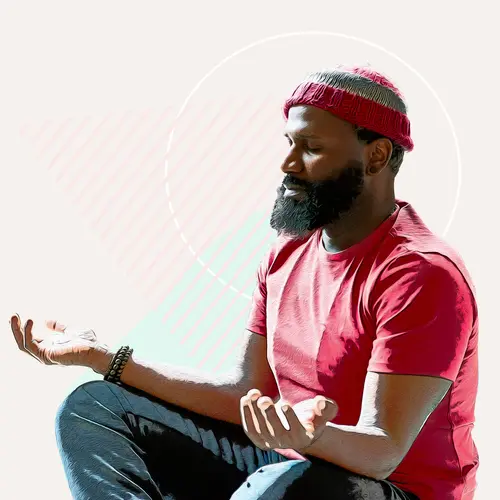Any sort of change causes stress, even good changes -- the kids home on summer break, or having a baby. You feel the tension caused by stress in your shoulders, in your neck. You lose sleep, feel depressed, and feel tired. The long-term effects of stress are much worse: stress ups your risk for heart disease, mental distress, and weight gain.
This summer, practice a few simple tips for stress relief. Enjoy regular exercise. Walking is a good way to reduce stress. Sometimes, just learning to accept what you cannot change can help ease the burden of stress. Meditation and yoga are two stress-management techniques that help train your body to relieve stress.
Meditation for Stress Relief
The practice of meditation is ancient. But in recent years meditation has gained worldwide acceptance for its ability to produce the "relaxation response" and ease stress. When we are in this state of deep relaxation, our breathing, pulse rate, blood pressure, and metabolism decrease. By meditating on a daily basis -- even just 10 minutes once or twice daily -- it's possible to lift depression, lower blood pressure, and ease stress.
What is meditation like? You silently repeat a word, sound, or phrase while sitting with your eyes closed for 10 to 20 minutes. The sound can be "om," "one," "peace," or any other word with special meaning. Focus on the sound -- or on your breath -- and ignore intruding thoughts as best you can. You can periodically open your eyes to check a clock, but don't set an alarm. Meditation is sometimes difficult at first, but over time nearly anyone can achieve a state of relaxation.
Find a meditation center or class to learn this timeless stress-reduction technique.
Yoga for Stress Relief
Yoga is another ancient practice that reduces stress and tension. Yoga can lower blood pressure and levels of cortisol, a stress hormone. Through yoga practice, you also boost flexibility, strength, endurance, and balance.
Don't worry about having to do pretzel positions. You don't need to stand on your head either. In a beginner's class, you will learn basic stretches or poses. There are several different styles of yoga, and you may want to try different ones to see what feels best.
As you work through poses, you must focus on inhaling and exhaling -- and it's this concentration on the breath that is yoga's key to stress management. With this focus, you let go of external thoughts and anxiety.
With meditation and yoga, you get a mental vacation!

